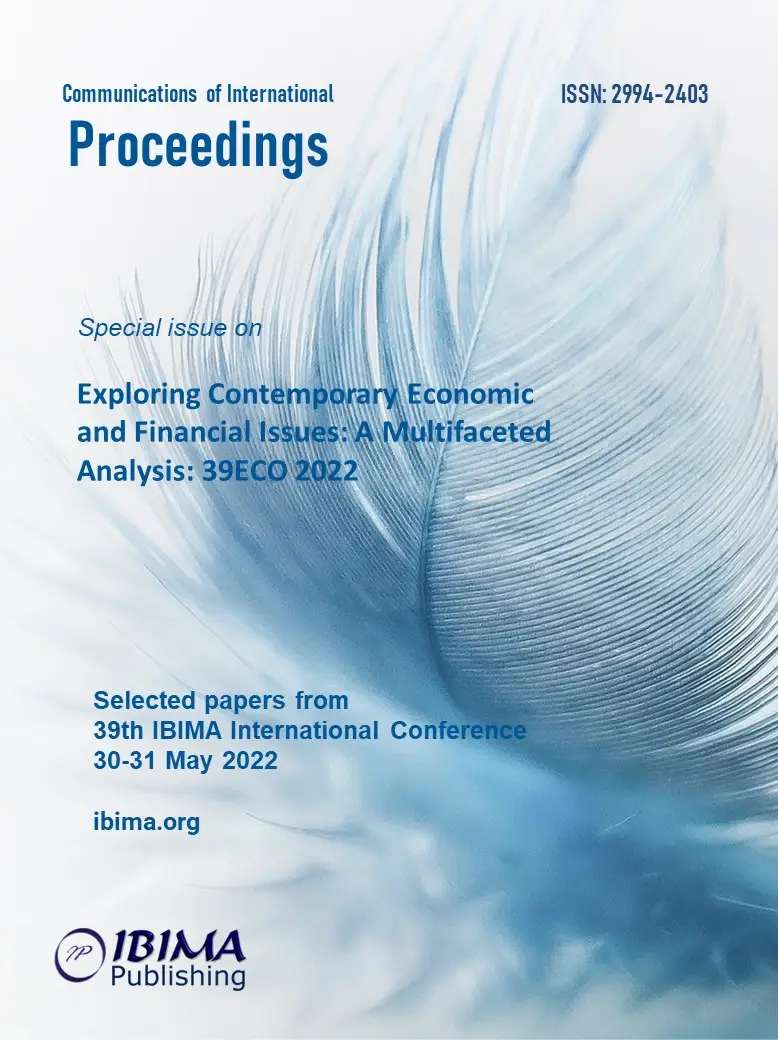
Jolanta TUREK, Aneta PLUTA-ZAREMBA and Barbara OCICKA
SGH Warsaw School of Economics, Warsaw, Poland,

Plastic packaging waste significantly contributes to natural environment degradation. Therefore, closing the packaging life cycle (PLC) in line with the circular economy (CE) principles is one of today’s key challenges. Moreover, an alternative to conventional plastic packaging is the proliferation of environmentally friendly compostable packaging. However, a circular packaging economy requires the consumers’ involvement as they play a pivotal role in closing the PLC. This paper aims to investigate the risks associated with the adoption of technologies for involving customers in closing the PLC, considering the specificity of compostable packaging. It presents the results of the qualitative research procedure, including in-depth semi-structured interviews and focuses on group discussions. On the one hand, the research findings reveal chances underlining the importance of modern digital technologies in the consumer decision-making process, according to building consumers’ awareness of the benefits of using compostable packaging, shaping sustainable purchasing decisions, and supporting consumers within waste management. On the other hand, the paper investigates different types of threats related to the technology implementation to various groups of consumers e.g.: excluding certain social groups, especially the elderly, who are the least technology-oriented, and other specific drawbacks that affect the sense of security, privacy, and anonymity on the part of consumers. The study contributes to the literature on packaging life cycle management in the light of the CE principles in a modern digital business environment. The conclusions may have practical implications for the design of PLC and its integration with the consumer decision-making process supported by digital technologies.